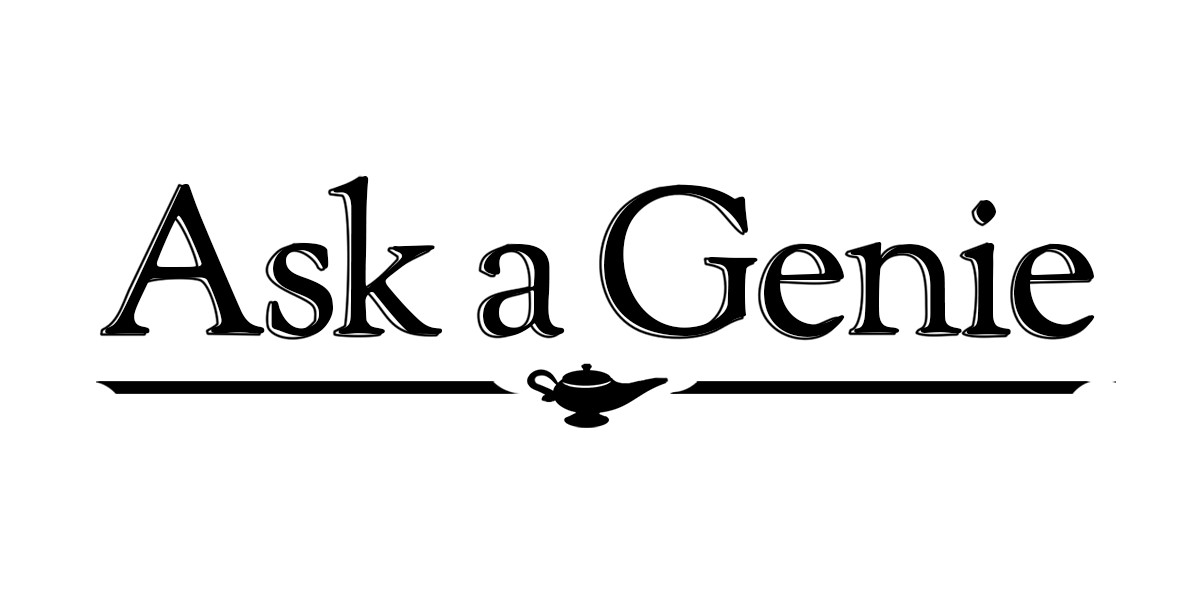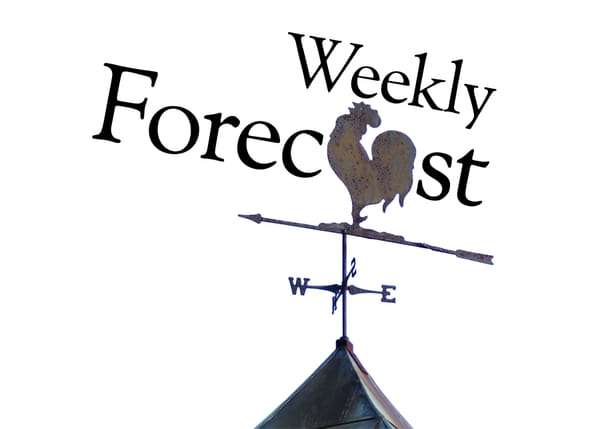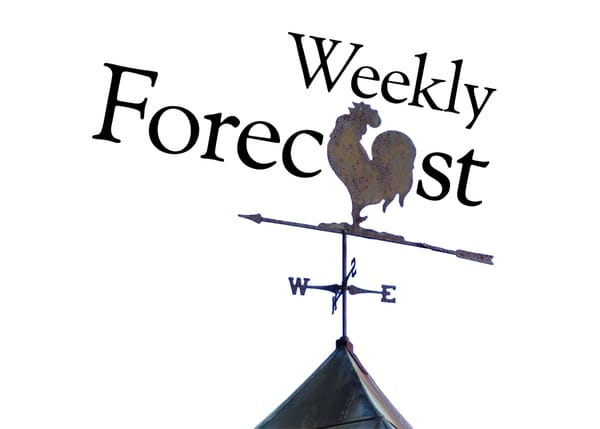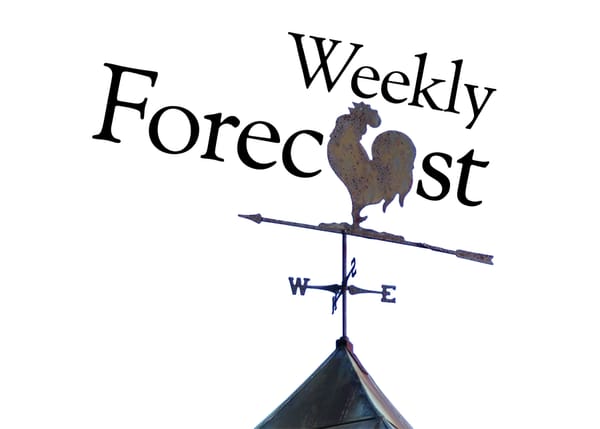Ask a Genie: The Perfectly Wrong Wish

For January's feature story, here's our resident genie, back to answer another reader's pressing question.
Dear Genie,
Doesn't it seem like some people are hell-bent on making the wrong wish? I mean exactly the wrong wish. A wish that does the polar opposite of what's needed. Why do people do that? And if you don't mind my asking, why don't you stop them? What are we supposed to do when somebody's perfectly-wrong wish gets enacted on a world-sized scale?
Signed, Dazed and Confused
Dear D & C,
I know precisely what you mean. Though I'm not proud of it, I'll admit that in my early career I granted these wishes quite frequently, being keen to see what would happen. When you're mostly immortal, it's hard to remember how deeply people feel the twists and turns of a century.
These days I'm careful about the wishes I take, and I want to make it clear that I haven't granted anyone's wish for ultimate power in a good long time. Which is actually a problem. When I grant a wish, I can undo it just as easily. A wish that's borne upon the will of half a nation is not one I can quickly unravel.
To start with your first question: yes, it's a fascinating fact that people sometimes make exactly the wrong wish, a phenomenon distinct from one that's thirty degrees off the mark, or aimed in some random direction. When a wish is a hundred eighty degrees from true, you know something interesting is at play.
In some cases—a minority—the wisher knows his wish is wrong, and desires it for its wrongness. He knows the suffering it will cause, and he wants to engender that suffering. This has a simple explanation: pain begetting pain.
Most of the time the cause is more complicated, more—experimental. Sometimes a person is attached to a story, but they know, subconsciously, that the story isn't true. Their subconscious mind waves its arms and jumps up and down, and tries all it can to get them to question the story, but their identity is too wrapped up in it. The more insistent the subconscious, the more stubborn the story, and the tension gets to be so uncomfortable that something must be done. So the parties agree to an experiment. The subconscious, knowing it can't overcome the story, makes the most practical offer it can: Let's see what happens when we take the story to its extreme.
When a large number of people share the same flawed story, and all of them feel this tension, you have the setup for a truly enormous experiment, aimed on purpose, but not with malice, at the story's most hair-raising tendencies.
Or such is my working theory.
Which leaves just your last question. What are we to do when the shared, wrong wish of a hundred-million people is marching roughshod across a continent?
I recall many lessons from previous upheavals, but each new earthquake is different. It shakes the world in a brand new way. I'm presently at a loss for answers, just as you are.
Which is not to say I haven't been trying. I've been pushing companies toward remote work, so office folks can move to small towns, and the myth of the "real American" might get fuzzier. That's proved to be a much thornier task than I'd realized. As of now I'm funding a high-speed drone delivery service, solely to carry donuts. Also, I've been trying to prune back social media, though my only real success was killing MySpace, for all the good that did. I've been feeding Zukerberg terrible advice for a decade, and to no avail. Don't blame me for TikTok, though. I got a kick out of TikTok.
From my perspective, wrong wishes aren't so scary, since they always fizzle out. My advice is to stay calm, open a beer, queue up a few movies and be patient. In practically no time this whole wrong wish will blow over, and it won't even be remembered by whatever lizard species comes to fill the void left open by humanity.





